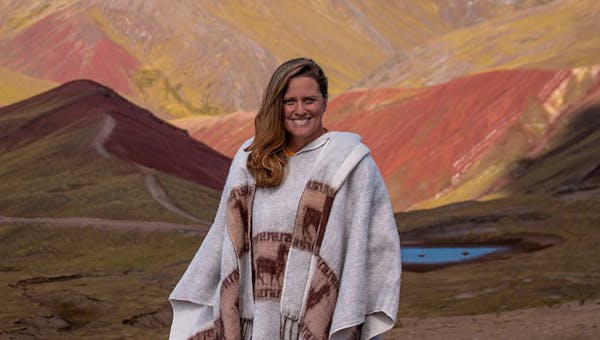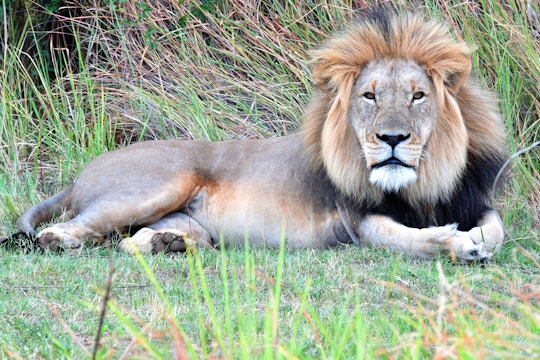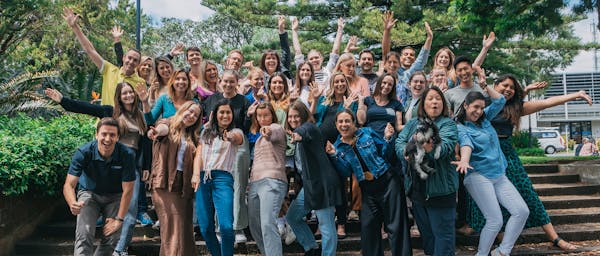Accommodation and WiFi
For their first night, volunteers stay in a comfortable guesthouse in Polokwane, with private rooms designed for a relaxing stay. Couples, friends, and family traveling together will be accommodated in the same room. The guesthouse is clean, well-equipped, and provides everything needed for a short visit, including bedding and complimentary WiFi. Polokwane, the capital city of Limpopo Province, offers a blend of modern amenities and a laid-back atmosphere, making it an ideal stop for both business and leisure travelers. With a range of facilities, it’s a convenient and welcoming base for those passing through the region.
In Botswana, volunteers stay in a fully equipped semi-permanent tented camp. Each tent is shared with 1 to 5 other volunteers of the same gender, though couples can be accommodated together in twin-share tents. The safari-style tents feature single and bunk beds, with sheets and pillows provided. Volunteers should bring their own sleeping bags, especially during the winter months (May to September), as temperatures can drop significantly at night and in the early morning.
The camp offers shared bathroom facilities with hot and cold showers and flush toilets. There is a communal area for meals, relaxation, and reading, as well as a beautiful boma for evenings around the fire. The camp operates on solar power, and there is a charging station available for devices.
The kitchen is equipped with gas appliances, and all meals are provided. A highlight of the experience is pizza night, featuring delicious homemade pizzas from the wood-fired oven.
WiFi is not available at the volunteer camp, so volunteers are encouraged to purchase an e-SIM before arrival or a South African SIM card in Polokwane. Keep in mind that reception is often spotty and slow due to the remoteness of the area.
Meals
Get ready to enjoy wholesome meals and a true taste of local hospitality during your adventure!
In Polokwane, enjoy a delicious plated dinner on Sunday evening and a refreshing breakfast the next morning, both catered by your guesthouse. Relax in comfort as your meals are served directly to your room, making your stay even more enjoyable.
In Botswana, volunteers enjoy three hearty meals a day at their volunteer camp, offering a delicious blend of local flavors and international favorites. Mornings begin with a self-service breakfast, including porridge, fresh fruit salad, bread with spreads, cereals, and a steaming cup of tea or coffee to start the day right. These drinks are available at the accommodation throughout the day, ensuring you can enjoy a refreshing break whenever you need it.
Lunch and dinner are home-cooked delights, lovingly prepared by a talented local cook. Expect flavorful dishes like tender chicken with vegetables, curries, burgers, lasagna with fresh salad, and a traditional braai (barbecue) served with “pap,” a staple dish made from corn flour, similar to polenta. For a special treat, enjoy homemade pizzas baked in a traditional woodfire oven.
The local team is happy to accommodate any special dietary requests—just let us know your requirements in your application so they can prepare accordingly. However, due to the remote location, meals may differ from what you’re used to at home. Flexibility is key, and volunteers staying for a longer duration should expect some meal repetition.


































































































































